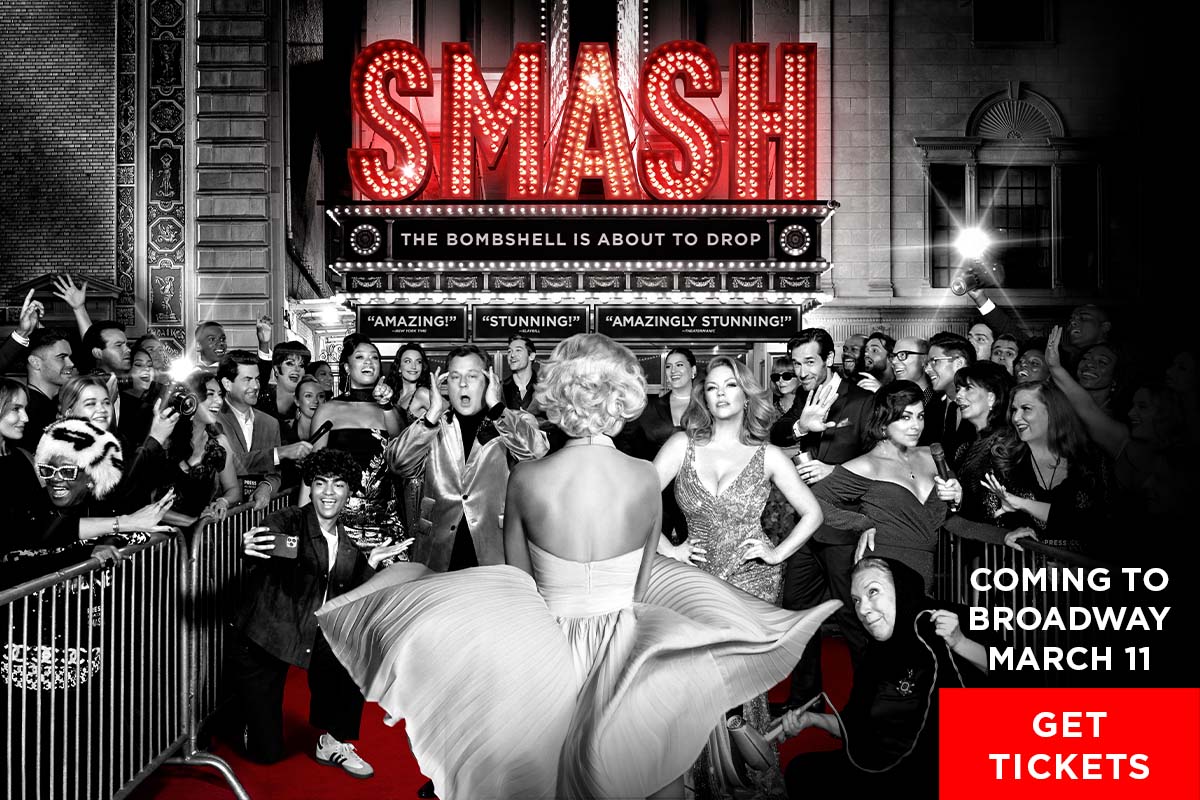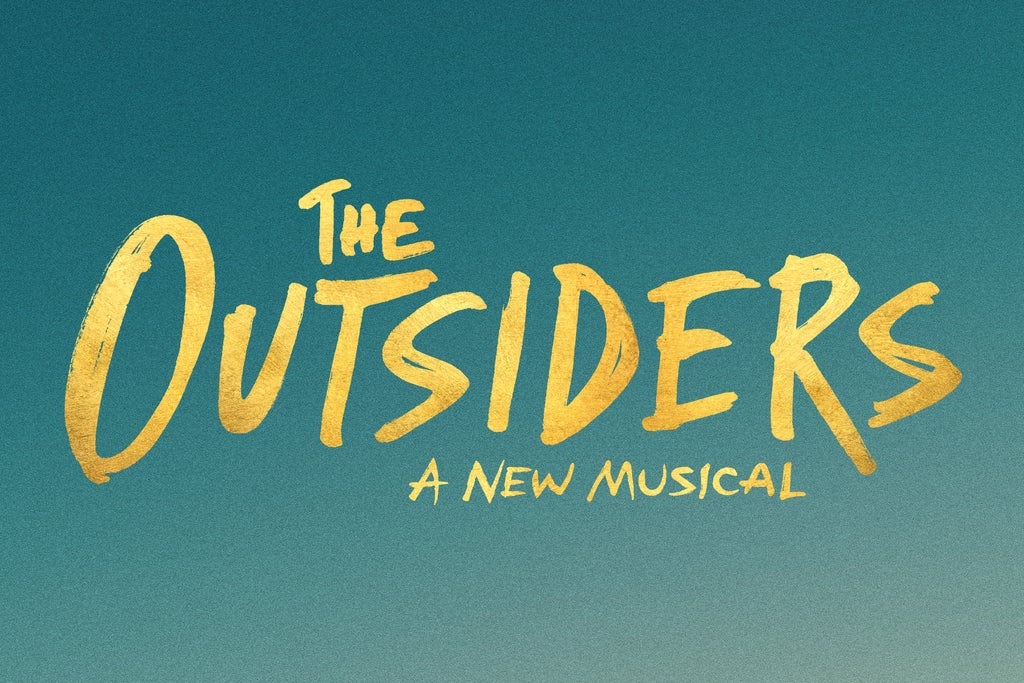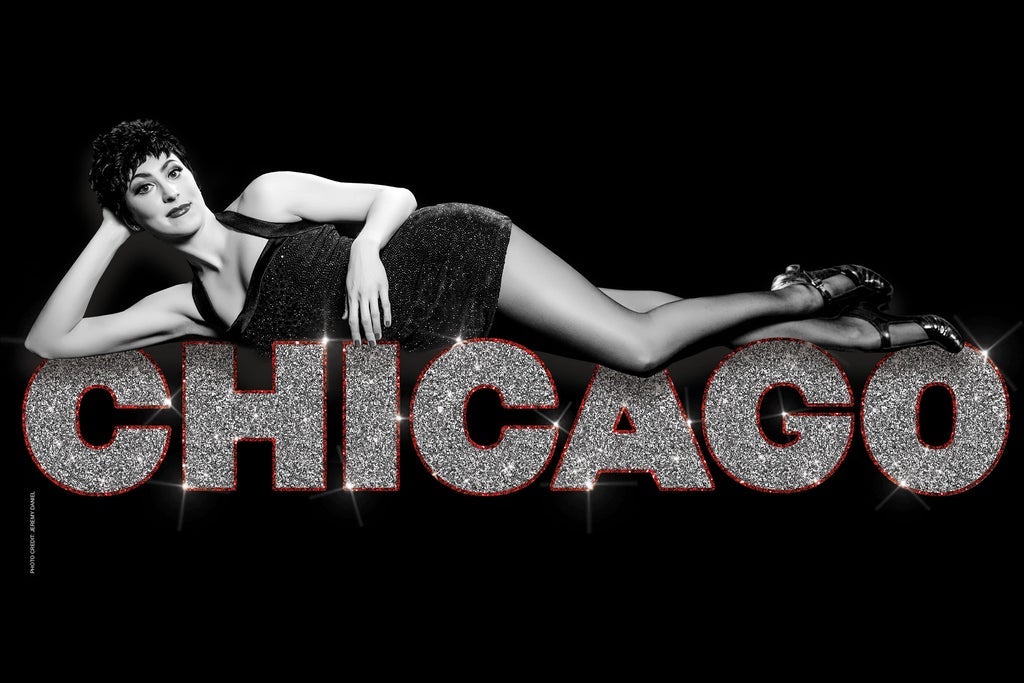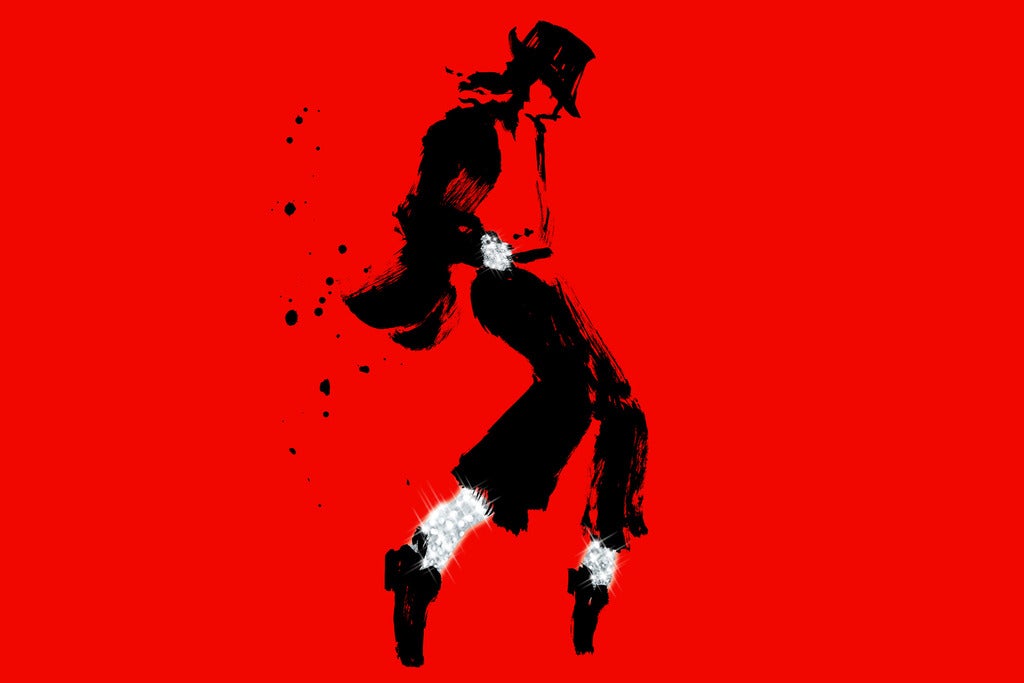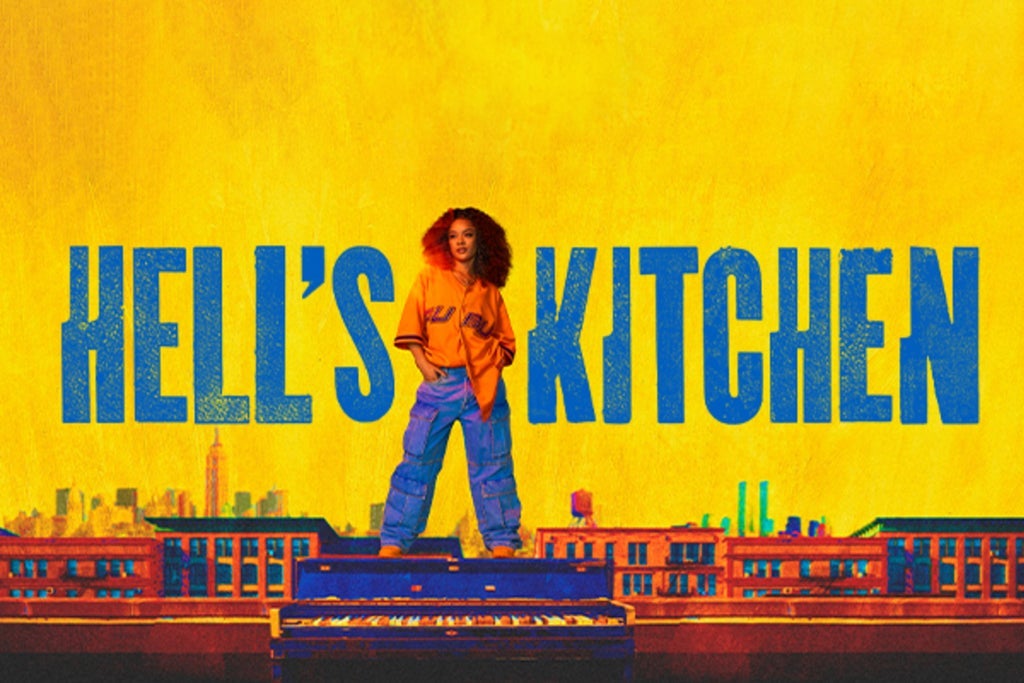If “Summer, 1976” feels too comfortable to be fashionable, it’s sharply observant, too, and subtly, insistently feminist - more than the wisp of a two-hander that it might first appear to be. Auburn, who at 53 was about Holly and Gretchen’s age during the Bicentennial, has once again sown a script with riches for actors. Linney and Hecht mine them for all they’re worth.
Critics' Reviews
‘Summer, 1976’ Review: The Path to Freedom Starts With a Friendship
The anodyne, bittersweet Summer, 1976 seems designed to stir nostalgia among Manhattan Theatre Club’s subscriber base—not just for the 1970s, when most of it takes place, but for MTC itself. The production reunites director Daniel Sullivan with playwright David Auburn, who wrote the company’s 2000 hit Proof, and with the very fine actor Laura Linney, whom he has directed in four previous MTC shows on Broadway; joining them is stage treasure Jessica Hecht, of MTC’s The Assembled Parties. It’s a dramatic dream team; what’s missing is drama.
Summer, 1976 review: Laura Linney and Jessica Hecht soar on Broadway
Under the direction of Daniel Sullivan, Linney and Hecht deliver commanding performances in sharply different ways. Linney exudes steely confidence with a dash of haughty arrogance as Diana — perhaps masking insecurities over the humble trajectory of her own career. Meanwhile, Hecht's wide smile and easy-breezy tone disguise issues at home that Annie may not have the strength to acknowledge. Again, people are not just one thing.
‘Summer, 1976’ Broadway Review: Laura Linney & Jessica Hecht Summon A Haunting Friendship
The short answer, maybe even the long answer, is that friendship happened. Summer, 1976, thoughtfully directed by Daniel Sullivan (reuniting with his Proof playwright Auburn and his The Little Foxes star Linney), captures an experience that’s as universal as it is inexplicable: a friendship that shouldn’t work but does, and that should endure but doesn’t.
‘Summer, 1976’ review: Laura Linney, Jessica Hecht a perfect pair on B’way
As temperatures warm up, and our temperaments improve, there is something so soothing about spending an afternoon on a sun-bathed, screened-in porch with two fabulous actresses. And that is what David Auburn’s Broadway play “Summer, 1976,” which opened Tuesday night at the Samuel J. Friedman Theatre, generously provides — featuring the indomitable Laura Linney and Jessica Hecht. Not that you’re outside — even if Japhy Weideman’s sparkling lights warmly make you feel like you are — or that the show is all smiles.
‘Summer, 1976’ Review: Laura Linney and Jessica Hecht’s Blooming Broadway Friendship
Directed with his customary sensitivity by the veteran Daniel Sullivan (who also helmed, among many distinguished productions, Mr. Auburn’s Pulitzer Prize winner “Proof”), the play does in fact have the languorous but appealing vibe of a sleepy summer, initially uneventful, but with accumulating undercurrents of emotional complexity as Diana (Ms. Linney) and Alice (Ms. Hecht) gradually open up to one another. Not incidentally, Mr. Auburn’s play gives Ms. Linney and Ms. Hecht—two of our finest stage actors—an opportunity to display, without a moment of histrionics, or even conventionally structured drama, their admirably honed gifts.
‘Summer, 1976’ Review: Laura Linney and Jessica Hecht Make—and Break—a Friendship
Linney and Hecht are excellent and generous scene partners, and though Summer, 1976 has none of the explosive bells and whistles of some of its Broadway compadres, it has its own gentle, unassuming power. We see the flipsides to Diana’s apparent control and superiority, and the steelier side of Alice. We yearn for them to hit the road together, to build a new life with their daughters away from this stultifying place. And at first it seems they may do just that. And then… well, life.
Pleasant Reminiscing in SUMMER, 1976 — Review
But Linney and Hecht’s confident, vulnerable-lite performances are the reasons to come, and the two stage veterans embrace the audience with their affable warmth and charm. They, too, find variations in their similarities— when both are seated, with their legs crossed and hands folded on their laps, notice how differently they enact these simple positions. It’s not a rollercoaster of emotion, but Summer, 1976 builds up to a moving statement on the passage of time and those who come across our voyages, however quickly or unexpectedly, that caught me off-guard. The production effectively captures the bittersweet ennui of summer, and makes for a gentle, lightly stirring Saturday afternoon.
SUMMER, 1976: AN ODD COUPLE OF MIDWESTERN MOMS
With her signature languid diction (which does not translate easily to the Midwest), Hecht’s delivery can sometimes wear, but watch her closely. Her micro-reactions are mercurial and deep. Alice appears to have a native intelligence that Diana lacks. Meanwhile, Linney keeps Diana’s mean-girl vibe in check just enough so that she’s not overtly off-putting. Diana will charm you, as she does Alice. It’s easy to see how an unsophisticated admirer might sign on as an acolyte. With these antipodes, Auburn has seemingly come up with a way to represent the puzzling bifurcation in women’s objectives over the past half-century: glamour at all costs vs. industry, endurance, and actual power and progress. In the case of these unlikely friends, do we see a comeuppance coming? If so, it’s subtle, a mere postscript. While it might be gratifying to observe a relentless poseuse cut down to size, Auburn blunts the blow, having already strewn the path with ambiguous omens. Diana’s efforts to maintain a façade are bound to come at a cost. The production itself is flawless: A seemingly plain box of a set by John Lee Beatty transforms, via the lighting magic of Japhy Weideman, into a twilight patio, a museum cafe, and more, while Jill BC Du Boff’s sound design lends the illusion of intimacy. Director Daniel Sullivan deftly delineates every interaction – subdued to explosive.
SUMMER, 1976: A FUZZY MEMORY PLAY
The play nonetheless proves affecting, thanks to its sensitive insights about the vagaries of friendships and the way they can evolve, or not, with the passage of time and the impact of external forces. Under the uncluttered direction of Daniel Sullivan, the two actresses deliver sterling performances, displaying an authentic-seeming chemistry and making the closeness between their very different characters fully believable. You come away from Summer, 1976 feeling like you wish you’d been able to spend more time with Diana and Alice, and that they’d been able to spend more time with each other.
“People come into your life for a reason, a season or a lifetime. When you figure out which one it is, you will know what to do for each person,” starts a famous, anonymously written poem. Admittedly, these lines (and that life situation) are something almost all of us can relate to -- a fact that playwright David Auburn seems to be counting on in our reaction to his less-than-satisfying two-hander “Summer, 1976,” now debuting at Manhattan Theatre Club’s Samuel J. Friedman Theatre. Indeed, familiarity doesn’t breed much enthusiasm nor contempt, just a mild case of frustration. While brilliantly acted by Laura Linney and Jessica Hecht (both of them smartly costumed by Linda Cho), the 90-minute play ultimately feels like a stretched-out anecdote. We wait for an exciting plot twist, but two arrive that turn out to be dream sequences, while another struck me as less-than-believable.
'Summer, 1976' review — Laura Linney and Jessica Hecht share a breezy summer friendship
Opposites attract – and not only when it comes to romance, but friendships as well. That’s the thesis of Summer, 1976, a pleasant wisp of a play with an A-list pedigree that has all the dramatic heft of catching a few rays.
BROADWAY REVIEW: Laura Linney and Jessica Hecht heat up ‘Summer, 1976′
Granted, not every show has to keep hitting the gas, if its quiet revelations about the mysteries of life are powerful enough. And when you have actors of the quality and appeal of Laura Linney (”Ozark,” of late) and Jessica Hecht (”Breaking Bad”), the two stars of David Auburn’s subtle “Summer, 1976,” an intimate chance to visit with them can be reason enough to buy a ticket.
There’s not one false note in director Daniel Sullivan’s clear direction or in the natural yet precise performances of Linney and Hecht, who are working at the top of their game and together offer a master class in acting.




